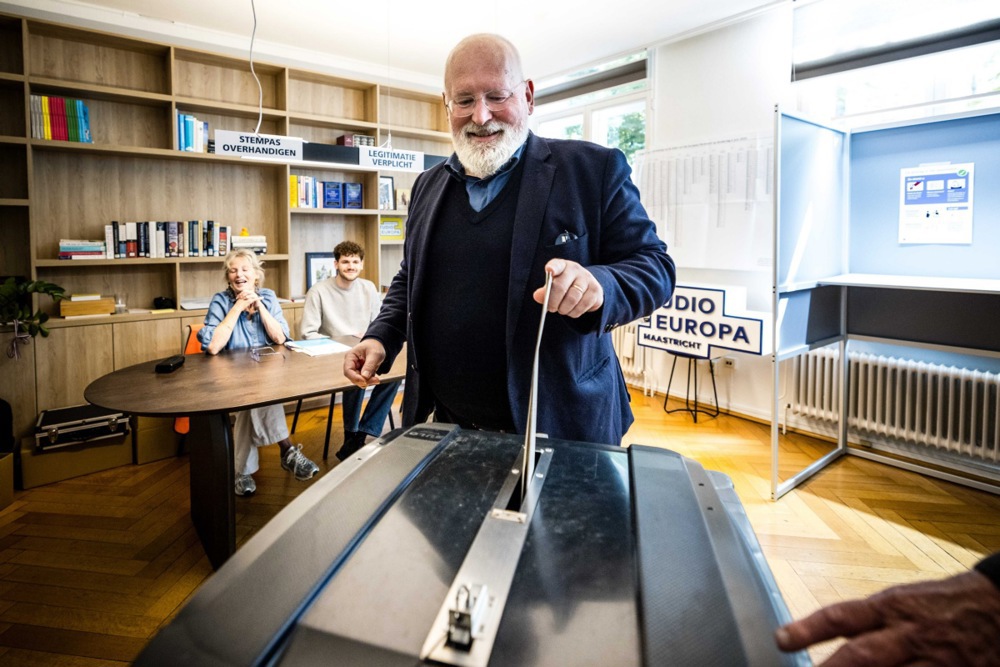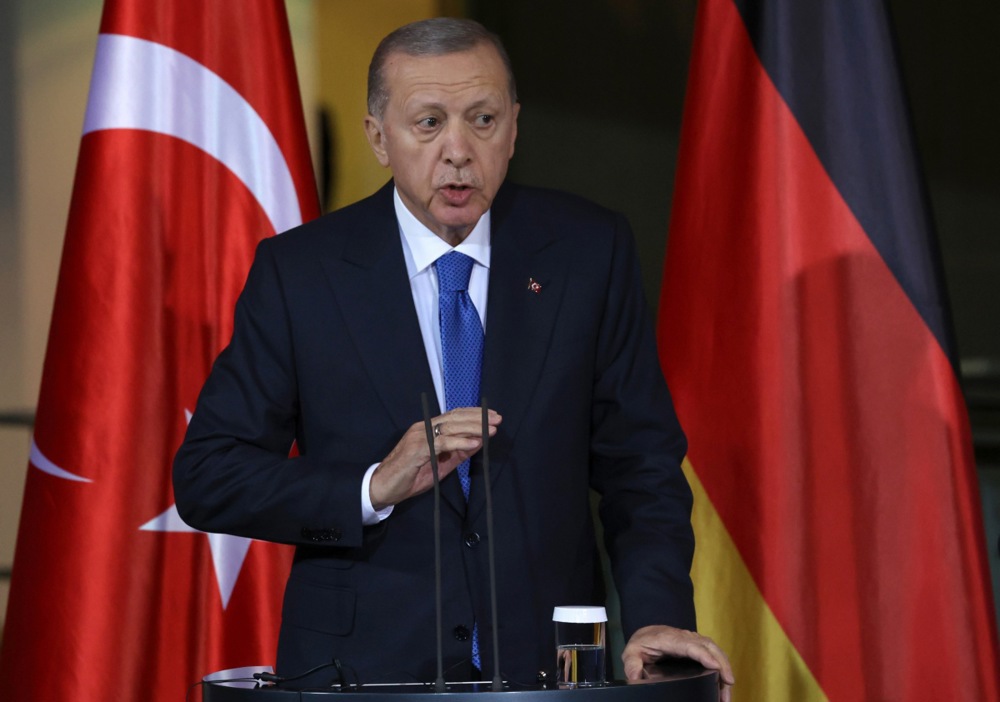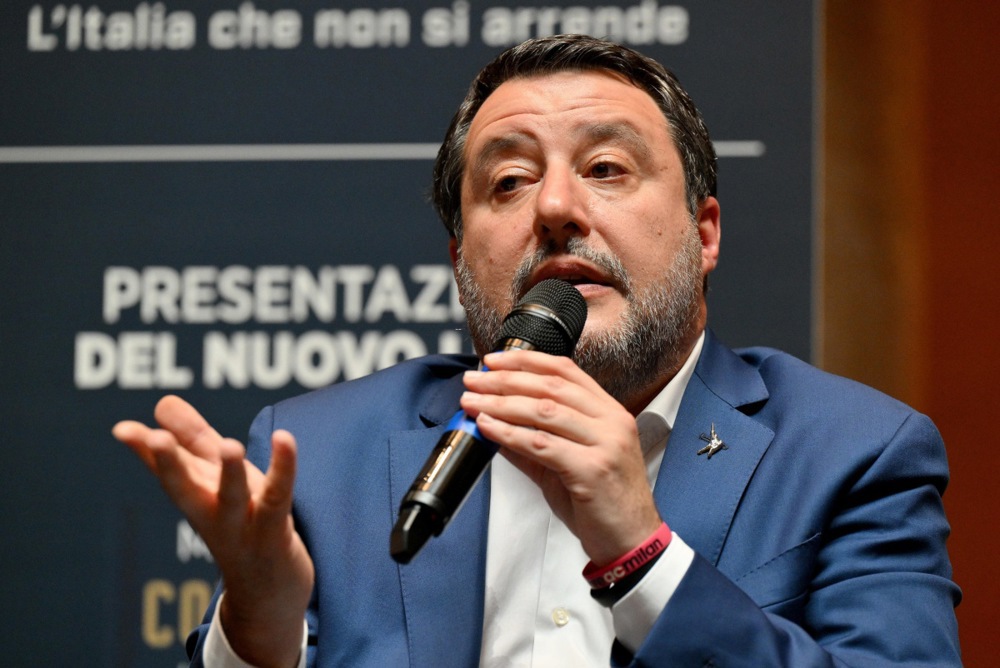European voters have sent a clear signal to Brussels: Conservatives and nationalists won, while Liberals and “green” groups had a very rough election night in most places.
Most illustrative were the results in France, where the elections were framed as a referendum on the government of President Emmanuel Macron.
France took it to heart and voted en masse in favour of the hard-right National Rally (RN) party of Marine Le Pen and Jordan Bardella.
The result was so devastating that Macron dissolved the French Parliament and announced snap national elections.


Across the political aisle, the ambiance was a lot more upbeat. Nation Rally won with a landslide.
The nationalists can now claim the political leadership in France, and party members were jubilant.


In Germany, the unpopular “traffic light” coalition took a beating.
Chancellor Olaf Scholz’s Social Democrats recorded their worst result in a national vote in more than a century, scoring less than 14 per cent. The Greens also took a beating, scoring under 12 per cent, almost 9 per cent less than the previous elections, making them the biggest losers.
The centre-right Christian Democrats retook the top spot, garnering around 30 per cent, while the Alternative for Germany (AfD) had a strong 16 per cent, a rise of 5 per cent on the last vote.



Carola Rackete, who gained notoriety for her role as captain of a rescue vessel in the Mediterranean Sea helping migrants to enter Europe, said she was horrified at how the Right made gains in Europe.
Der extreme Rechtsruck bei der #Europawahl ist schockierend. Was wir jetzt tun können. pic.twitter.com/QBCG7aIqIk
— Carola Rackete (@CaroRackete) June 9, 2024
In neighbouring Austria, the hard-right Austria Freedom Party (FPÖ) was the clear winner.

Belgium saw several parties do well. The biggest gains were made by the hard-right Vlaams Belang (VB) party, but by less than hoped for.
Conversely, while everyone predicted that the centre-right New Flemish Alliance (N-VA) party would take a hit, it remained on top, putting the party President Bart De Wever ahead in the race to become Prime Minister.
The biggest surprise was the triumph of the centre-right Reformist Movement (MR) Party, at the expense of the French-speaking Socialists, in the south of Belgium.
Firebrand MR President George-Louis Bouchez seems to have succeeded in dethroning the mighty Party Socialiste (PS), a historic feat, clearing the way for a right-wing government on all levels in Belgium.



In Spain, the centre-right Partido Popular made gains, scoring more than 30 per cent, pushing back the Socialists.
They were one of many European People Party’s (EPP) members that did well in Europe.
Greece, Hungary and Croatia were among the countries with good results for the Christian Democrats.




Outliers included Denmark, where Socialists bagged a symbolically important win.
In Italy, the ECR made strong albeit predictable gains.







